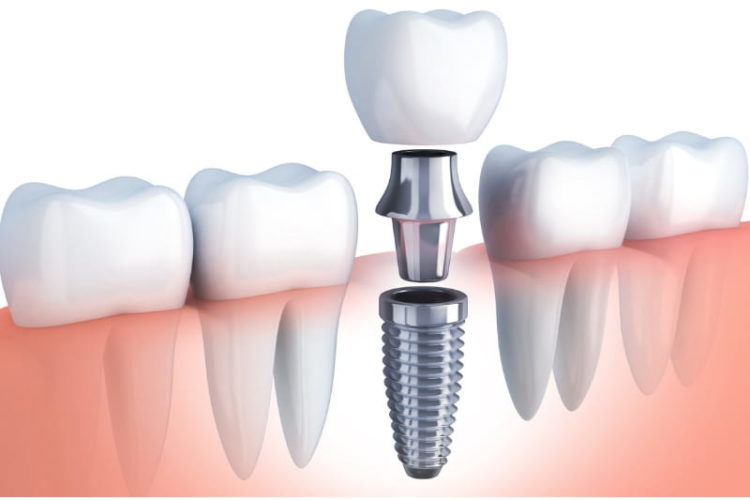Discovering Different Dental Implant Types: A Complete Guide

Dental implants have transformed dentistry by providing long-term options for people with missing teeth. It is important to realize that not all dental implants are created equal if you are thinking about getting them. The first step in the path to a restored smile is the selection of the proper dental implant. In this thorough guide, we will examine several dental implants periodontist to assist you in making an educated choice.
A Periodontist’s Role in Dental Implants
Prior to delving into the various dental implant types, it is important to emphasize the crucial role that a periodontist plays in the implant procedure. A dental professional with specialized training in the management of gum disease and implantation of dental implants is known to be a periodontist. They possess the necessary abilities and expertise to guarantee the success of implant surgery.
Types of Dental Implants
- Endosteal Implants: These implants are the most common type of dental implant. Direct implantation of endosteal implants into the jawbone requires surgery. They are frequently composed of titanium, provide exceptional stability, and can hold individual crowns, bridges, and dentures.
- Subperiosteal Implants: Patients with insufficient jawbone density for conventional endosteal implants may benefit from these implants. The implant structure is positioned above the jawbone but below the gum line. When bone grafting is not possible, periodontists may advise subperiosteal implants.
- Zygomatic implants: These implants offer treatment for patients with significant bone loss in the upper jaw. These implants provide stability and support for the implantation of upper arch prostheses by anchoring to the cheekbone (zygomatic bone) rather than to the maxillary bone.
- Mini Implants: Compared with conventional implants, mini implants, sometimes referred to as narrow-diameter implants (NDIs), are smaller in size. In situations where traditional implants may not be suitable owing to insufficient bone volume, they are frequently utilized to stabilize dentures.
- All-on-4® Dental Implants: This ground-breaking technique involves careful positioning of four dental implants in the jaw to support the entire arch of the teeth. Rapid tooth replacement is possible with All-on-4® implants because they can frequently be loaded with a temporary restoration on the same day as the surgery.
- Quick Load Implants: Also referred to as same-day implants, quick load implants enable temporary repair immediately after implant surgery. For patients hoping to regain their smiles swiftly, this could be a game changer.
- Single-tooth implants: A single-tooth implant is the best option if there is only one missing tooth. This type of implant provides exceptional appearance and functionality by replacing the missing tooth with an artificial one.
